Progetti
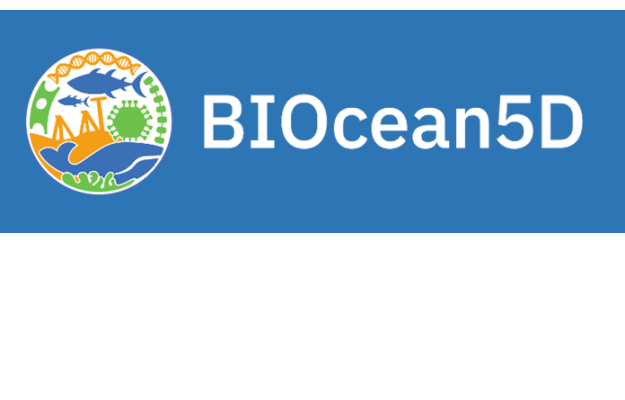
BIOcean5D
Marine Biodiversity Assessment and Prediction Across Spatial, Temporal and Human Scales

IRISCC
INTEGRATED RESEARCH INFRASTRUCTURE SERVICES FOR CLIMATE CHANGE RISKS
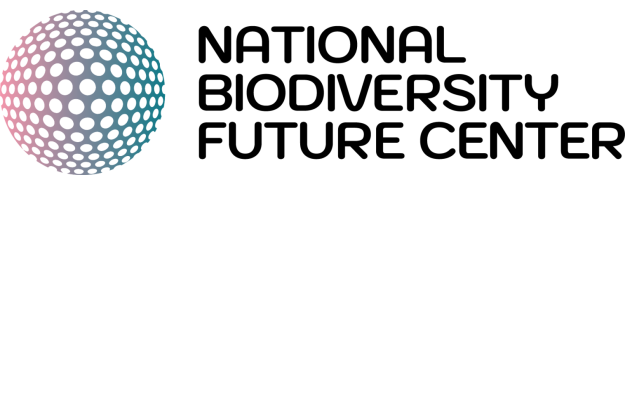
NBFC
National Biodiversity Future Center
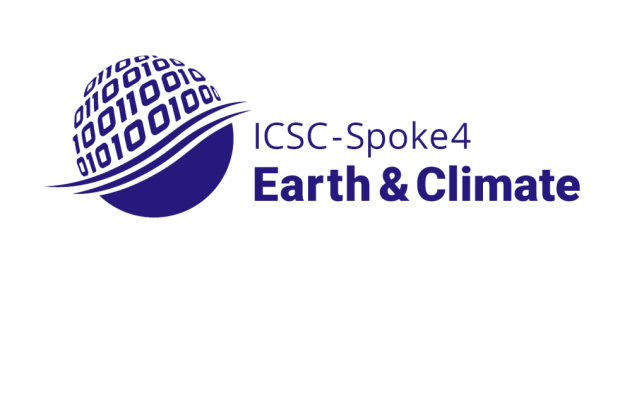
ICSC Spoke 4 Earth & Climate
Centro Nazionale di Ricerca in HPC, Big Data and Quantum Computing - Spoke 4 Earth & Climate
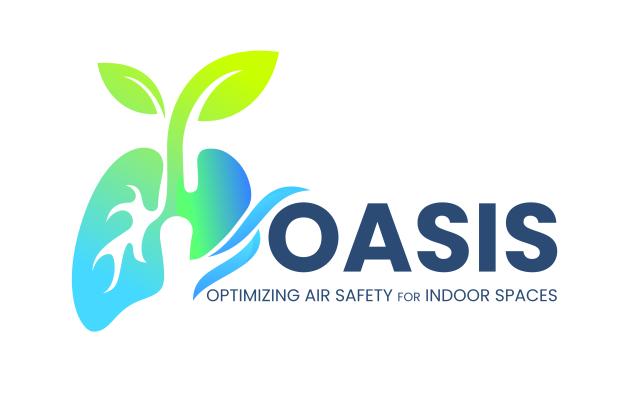
OASIS
Optimizing Air Safety for Indoor Spaces
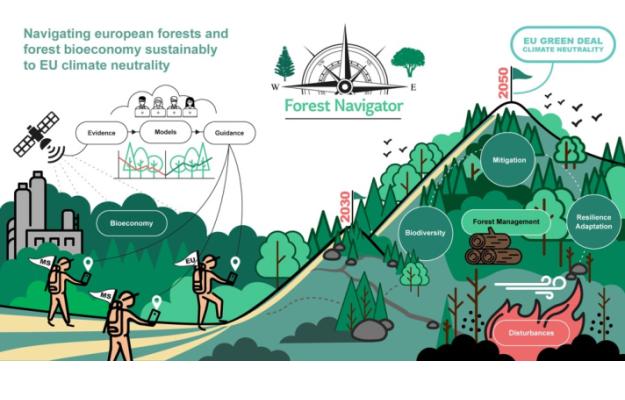
ForestNavigator
Navigating European Forests and forest bioeconomy sustainably to EU climate neutrality
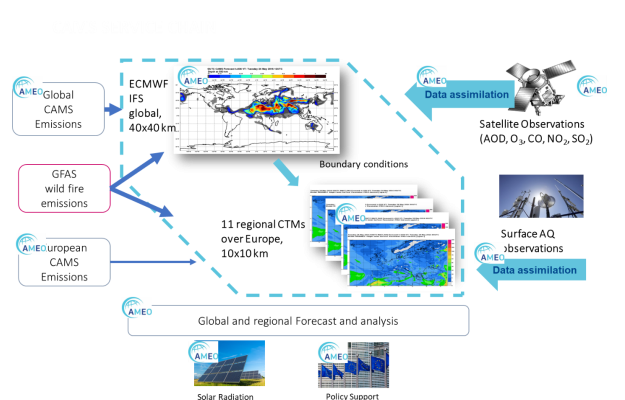
CAMEO
CAMS EvOlution
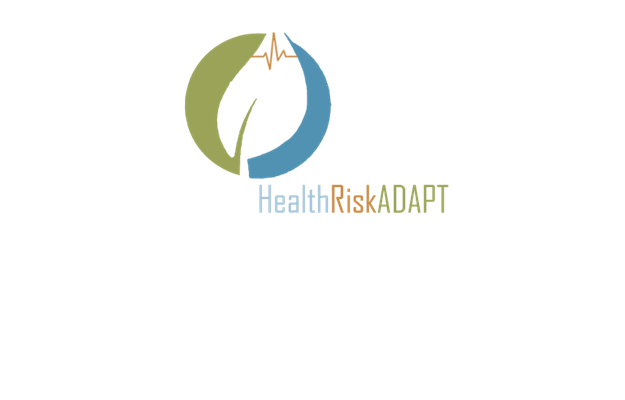
healthRiskADAPT
User-driven Health risk Assessment Services and Innovative ADAPTation options against Threats from Heatwaves, Air Pollution, Wildfire Emission and Pollen
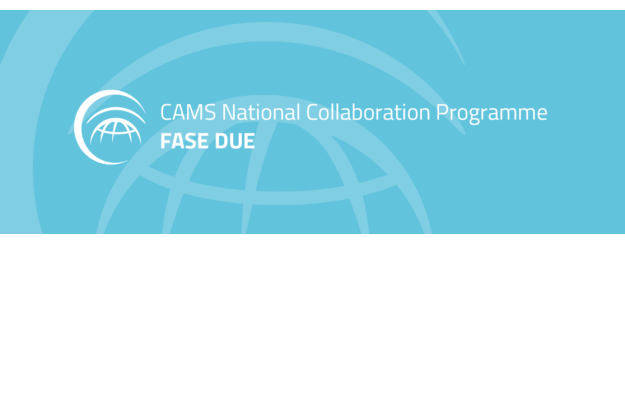
CAMS2_72_IT_bis
CAMS National Collaboration Programme - Italy bis
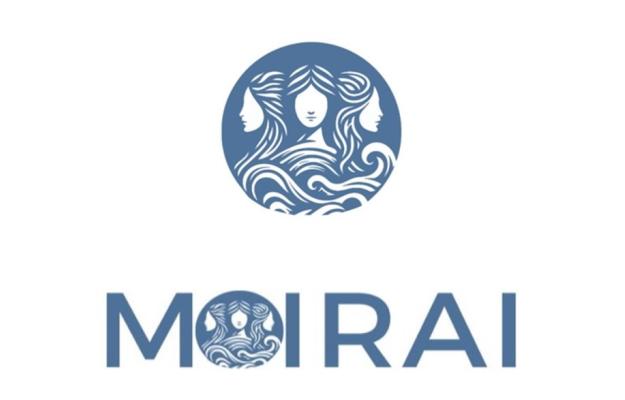
MOIRAI
Multiscale Ocean Models and Information for Climate Risk Assessment and Impact Mitigation
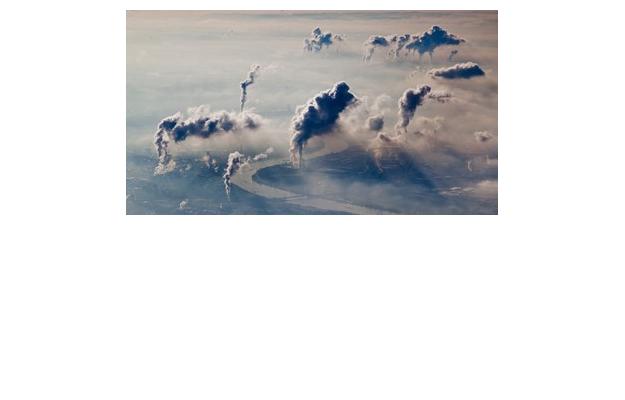
Accordo di Collaborazione ENEA-MASE per attività internazionali sulla qualità dell’aria
Accordo di Collaborazione, ai sensi dell’Art.15 della legge 7 agosto 1990, N. 241 e S.M.I., tra ENEA e MASE, per lo svolgimento di attività internazionali sul tema della qualità dell’aria

CAMEO
CAMS EvOlution

KNOWING
Framework for defining climate mitigation pathways based on understanding and integrated assessment of climate impacts, adaptation strategies and societal transformation
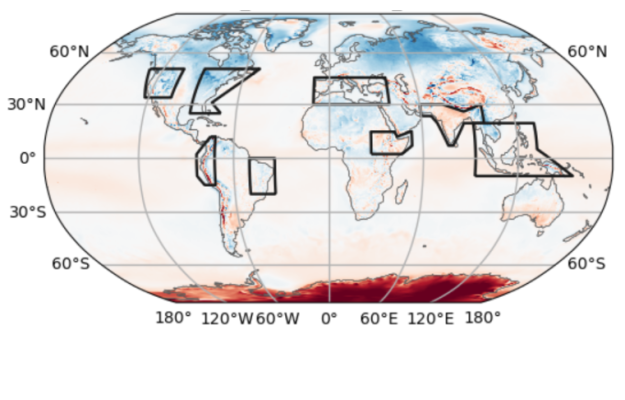
C3S_520
Quality assurance for datasets in the Climate Data Store
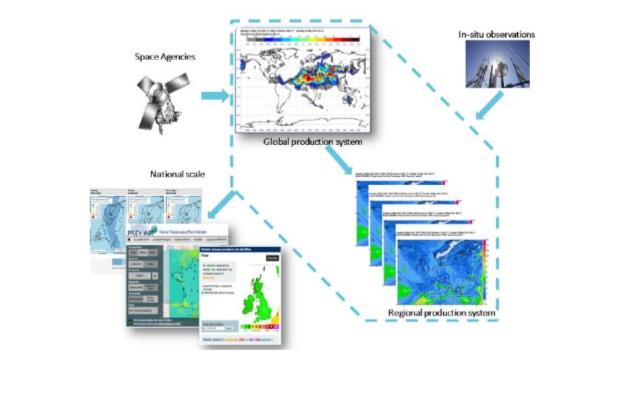
CAMAERA
CAMS AERosol Advancement

RETURN
multi-Risk sciEnce for resilienT commUnities undeR a changiNg climate
